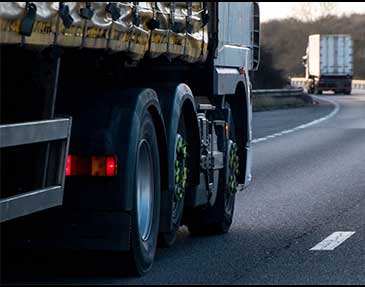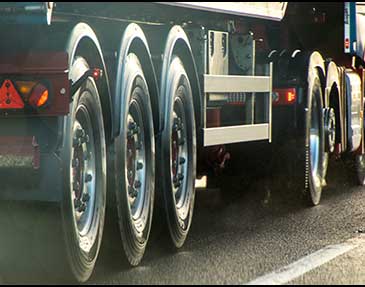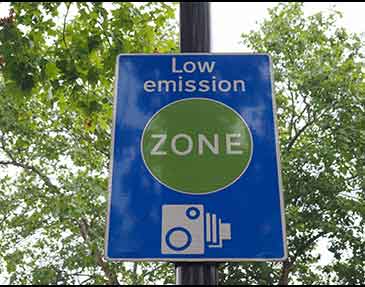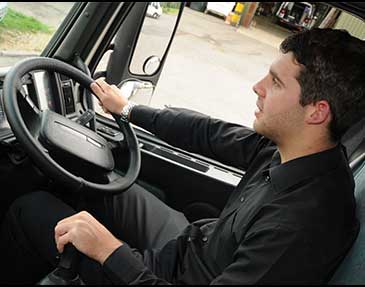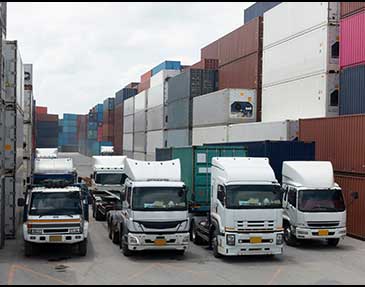- 07798 505152
- ticks1@btinternet.com
- Mon - Fri: 9:00 - 16:30
Shortages? What shortages?
Tag Archives: Ticks Haulage
Shortages? What shortages?
We have been working hard throughout the weeks to get supplies to retailers who need them.
The signs are that supermarkets are not expecting the severe shortage of seasonal foods that they were expecting earlier and certainly retailers in the East of England have been reporting that they have been able to fill the gaps in their shelves.
Hopefully, there will be no more hold-ups or bottlenecks but you can be sure we are out there every day making sure orders get to the businesses that need them.
Celebrate Road Haulage
Tag Archives: Ticks Haulage
Celebrate Road Haulage
Every year our industry body the Road Haulage Association runs a week of activities to celebrate the work we do.
This year National Lorry Week is from October 25 to 31 and the RHA has as usual been putting on lots of events, competitions and information sessions to highlight the range of jobs that make up the logistics industry.
It has never been more necessary given the lorry driver shortage to encourage young people into thinking of a career in the industry.
Meanwhile, we, like all those already in the business, continue to work hard to deliver all our services to our clients and fortunately are experiencing no hold-ups at ports, despite all the publicity in the media.
It is important, however, that our customers makes sure all their paperwork is in order since they are responsible for the contents of the containers we deliver.
Clean Air Zones are being adopted by towns and cities throughout the UK
Tag Archives: Ticks Haulage
Clean Air Zones are being adopted by towns and cities throughout the UK
In ongoing efforts to clean up the air and the environment many places have, or are intending to, introduced limitations on vehicles entering their centres.
This has become especially an issue for haulage companies, where the latest rules mean all vehicles must have Euro VI engines to gain access.
In London, for example, where there is a Low Emissions Zone (LEZ) there is a charge of £100 per vehicle over 12 tonnes for anywhere inside the M25 that do not have Euro VI.
But among those cities and towns that are following suit are Birmingham, Leeds, Bradford, Bristol and Bath.
Brighton is expected to follow suit by 2023, while Cambridge is contemplating the move, though has yet to announce a date.
Cardiff, Aberdeen, Derby, Dundee, Edinburgh, Glasgow, Newcastle and Manchester are reported to have plans in the pipeline or imminent.
Many are also likely to introduce charges for access, which will increase the price of deliveries into their centres.
We’re hiring!
Tag Archives: Ticks Haulage
We’re hiring!
Not surprisingly, we have been extremely busy for some time with deliveries to supermarkets, construction sites and elsewhere.
Now, we are hoping to take on another HGV driver.
If you are HGV qualified but left the industry now might be a good time to return as the shortage of drivers has improved driver conditions and pay significantly.
Interested? Why not give us a call and talk through what we can offer.
More on the ongoing HGV Driver shortage
Tag Archives: Ticks Haulage
More on the ongoing HGV Driver shortage
The headlines have continued to be full of stories about the ongoing shortage of HGV drivers and the possibility that there will be shortages of all sorts of goods in the supermarkets.
We would like to reassure our customers that not only do we have enough fully-qualified drivers, we have continued to meet our commitments to customers.
Among the suggestions that have been put forward by the RHA (Road Haulage Association) and the Government have been shortening and simplifying the lengthy and complex HGV training process in the UK.
This is being looked at but, as the RHA has pointed out, it is not going to be a short term solution.
Another suggestion, of including a short-term visa option for overseas HGV drivers, but the Home Office has apparently ruled this out.
The RHA had asked that drivers be added to the so-called Shortage Occupations list, allowing them to qualify for a skilled worker visa.
One option that has been introduced has been extending the time HGV drivers can spend driving. The transport Secretary Grant Schapps announced this temporary measure on July 12.
However, on July 20 RHA said the crisis is so great it needs immediate short-term measures allowing the industry to work towards the longer-term fixes.
RHA Chief Executive, Richard Burnett said, “This is a step in the right direction long-term, but it doesn’t address the critical short-term issues we’re facing. The problem is immediate, and we need to have access to drivers from overseas on short-term visas. The idea to simplify training and speed up testing is welcome; along with encouraging recruitment it will only improve things in a year or two’s time.”
A big thank you!
Tag Archives: Ticks Haulage
A big thank you!
On July 31st this year five of us including Tick and sons Tom and Harry along with two friends, Andy and Danny, completed a walk in aid of Macmillan Cancer Support.
The five men joined more than 2000 walkers to cover the 26-mile Dedham Mighty Hike, starting from Kentwell Hall, Long Melford to Dedham and between them raised £6,205 for the charity.
We would like to thank all those who contributed, including many of our customers and suppliers, in helping us to reach such a great total.
HGV Driver shortage, what can be done?
Tag Archives: Ticks Haulage
HGV Driver shortage, what can be done?
As the economy and business start to return to something near to normal activity following the Covid-19 pandemic lockdowns, demand for deliveries of all sorts of goods has been increasing.
This has exposed a serious shortage of qualified HGV drivers, and it is made more difficult by the lengthy and complex training process in the UK, which can involve a significant cost as well as a multitude of different tests for various aspects of qualifying process.
We have been fortunate to take on a new driver despite this, but we support the Road Haulage Association’s (RHA) initiative to try to simplify the process and address the problems.
At the moment, even though there is an apprenticeship scheme, it is not suitable for smaller haulage companies and in any case, it is not attracting young applicants.
The RHA has proposed a 12-point plan to tackle the situation.
It includes including HGV drivers on Government’s Skilled Worker Shortage Occupation List, a seasonal visa scheme for qualified HGV drivers, continued priority driving tests for HGV drivers and establishing a ‘Return to HGV Driving’ scheme.
The full 12-point list can be found here.
To avoid shipment delays check your paperwork
Tag Archives: Ticks Haulage
To avoid shipment delays check your paperwork
The delays at ports that caused problems during the first part of the year have now eased and traffic is now flowing smoothly.
However, unaccompanied trailers containing goods for export can still meet with delays – or even rejection – if the accompanying paperwork is not correctly filled out.
We would like to remind our customers that filling out the customs forms is their responsibility and to avoid shipment delays, it helps to get these issued quickly and correctly.
Thankfully, it is rare for us to have to deal with this sort of issue, but it is something our customers should bear in mind.
A difficult start to the new year for haulier
Tag Archives: Ticks Haulage
A difficult start to the new year for hauliers but things are settling down
January 1 marked the UK’s final separation from the EU, and for hauliers this proved to be a little problematic at the start.
For the first two weeks, we were unable to work while hauliers and ports got to grips with the massively increased paperwork needed to deal with consignments from overseas.
Some also found it difficult to drop empty trailers at ports.
However, thankfully, this situation has quickly eased and hauliers are able to get on with the task of collecting and delivering consignments to customers.
Another helpful development has been that many motorway services are able to offer rapid flow testing for Coronavirus to drivers, making it easier for them to pass through the ports.
The Road Haulage Association website has a useful section keeping people up to date on developments for international operators.
You can find it here


